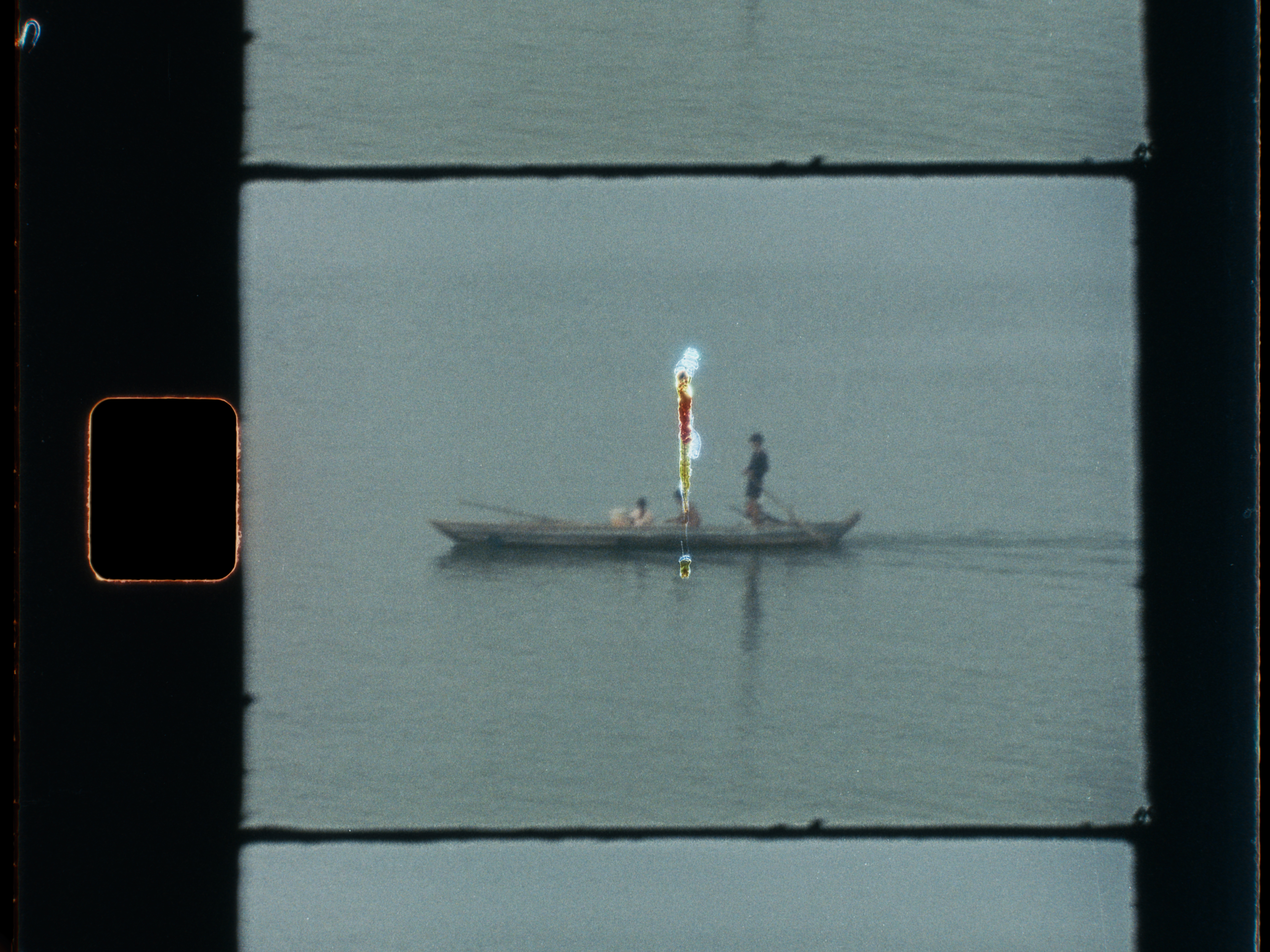
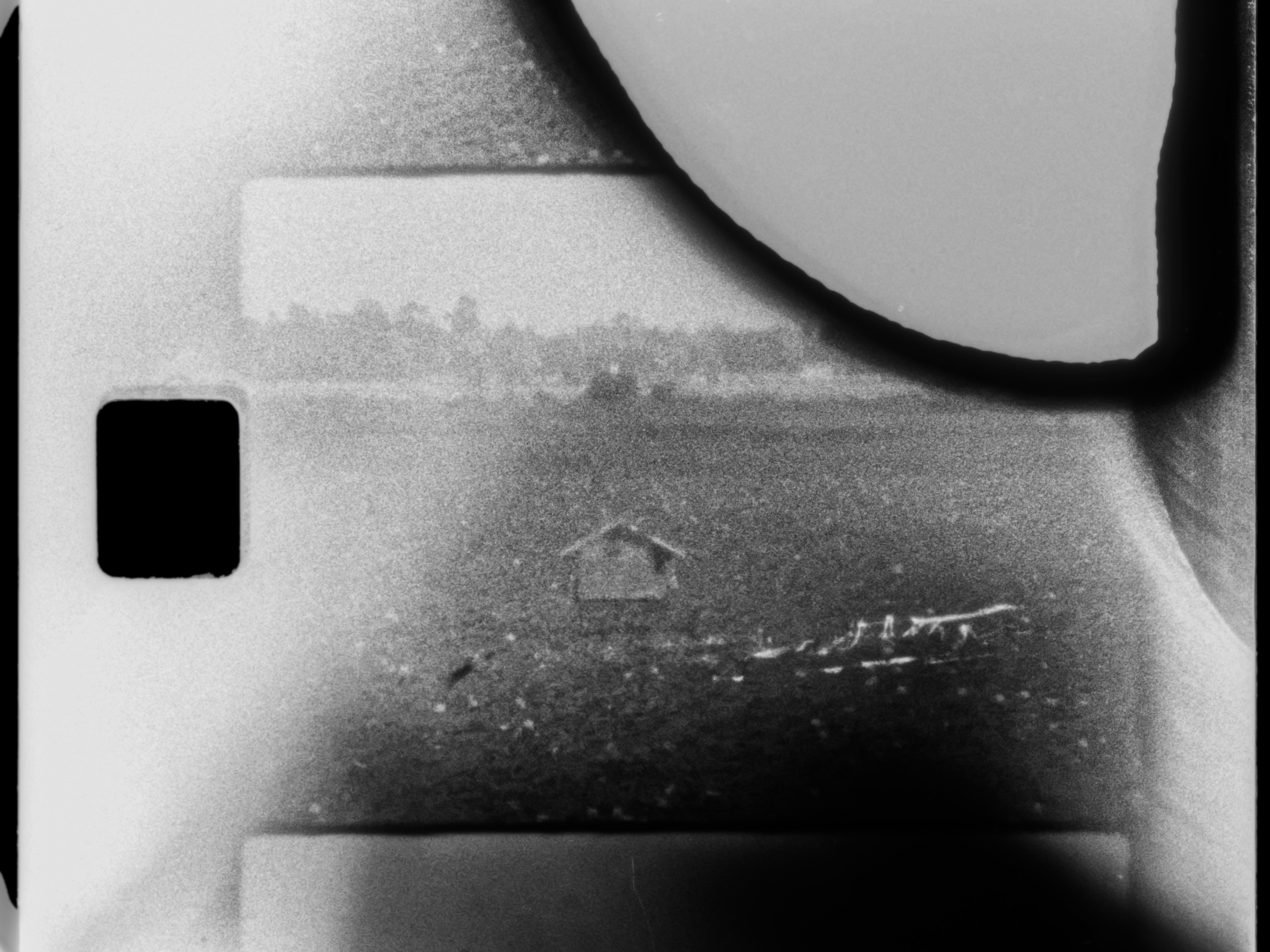
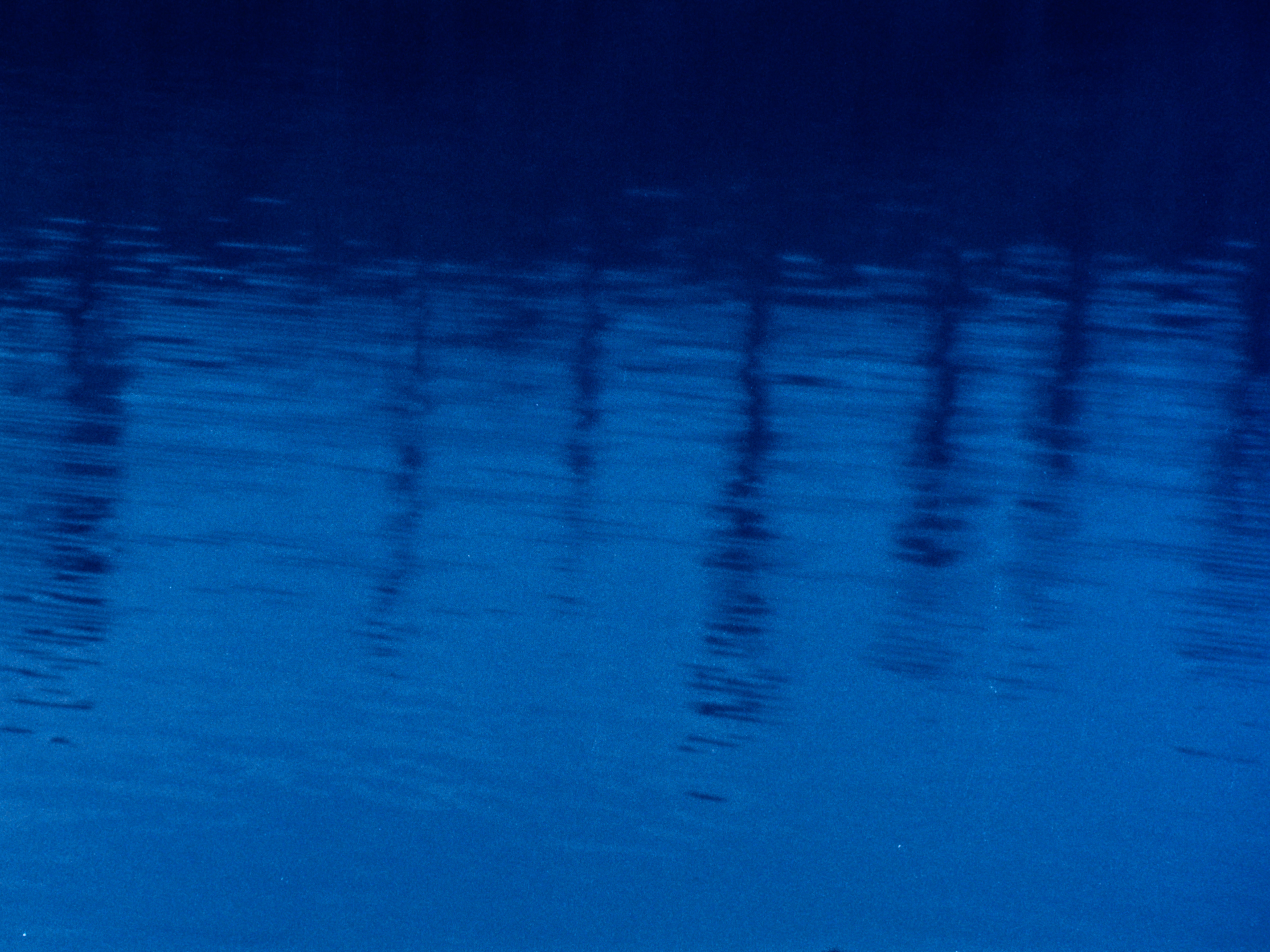
Lost in the Water (2025)
Super 8, 5.1, Colour & BNW, 12 mins, Khmer & English subtitles
Fragments of recreated archival footage depicts daily life along the Mekong River in the countryside of Cambodia. Cooking, planting rice, children at school and crossing the river is captured on Super 8, yet the fictional time period is unknown. An imagined flash flood submerges everything. “Where is the old house? Do you go through here?” A voice repeats over and over again. All is not lost as water drops ripple open portals of memories that reemerge from the depths of the river.
Credits
Cinematography: Allison Chhorn, Bryce Kraehenbuehl
Hand developed by: Bryce Kraehenbuehl
Producer: Chris Luscri
Editor: Allison Chhorn
Sound design & mix: Josh Peters
Colourist: Nicholas Hower
Thanks to family and friends in Cambodia, Lyno Vuth, Nicholas Godfrey, Anastasia Comelli
Supported by Outer Space gallery, Magandjin (Brisbane), Create SA and Nexus Arts
Produced on Kaurna Land (South Australia)
Filmed on location in Cambodia





Blind Body (2021)
Documentary/Experimental short, 15 minsTrailer
Synopsis
As abstract shapes come into focus, dim memories surface. With Blind Body, Allison Chhorn offers an impressionistic portrait of her grandmother Kim Nay, a survivor of the Khmer Rouge. Partially blind, Kim spends her days in a mostly sonic and textural world, in which the sound of rain, the voices of Khmer radio, and distant birdsong summon the sensations of a lost homeland.
- New York Film Festival / Film at Lincoln Center
Press Kit - PDF
Festivals:
Visions du Réel Film Festival, Switzerland
Lima Alterna Film Festival, Peru
New York Film Festival, Currents Program, U.S.
Black Canvas Film Festival, Mexico
Valdivia International Film Festival, Chile
Chicago International Film Festival, U.S.
Cambodia International Film Festival, Cambodia
Linea d’Ombra Festival, Italy
Sydney Film Festival, Australia
Cámara Lúcida, Ecuador
Athens International Film and Video Festival, U.S.
Human Rights Arts & Film Festival, Australia
St Kilda Film Festival, Australia
Laterale Film Festival, Italy
Adelaide Film Festival, Australia
Brisbane International Film Festival, Australia (Best Australian Documentary Short Film)
Izmir International Short Film Festival, Turkey
London International Film Festival, UK
Brussels Independent Film Festival, Belgium
IAWRT Asian Women's Film Festival, India
Reel Good Film Festival, Australia




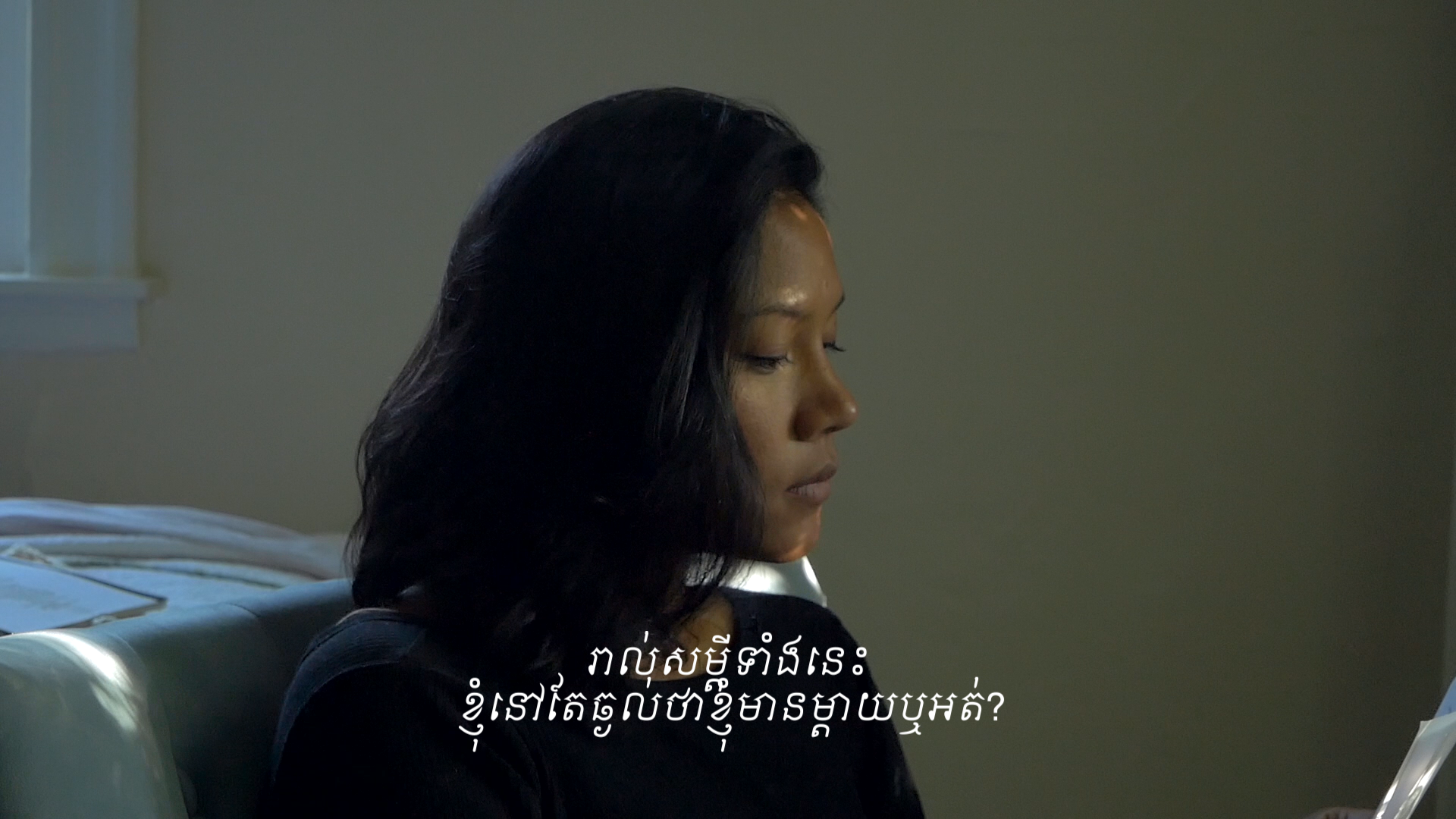

Missing (2021)
7 minsCommissioned by Prototype, curated by Lauren Carroll Harris.
The separation and distance of the Cambodian diaspora is embodied in two generations of a mother and daughter living apart from each other.
Threading common questions of longing and inverting language between English and Khmer, the footage includes a trip to the US & Canada in 2019, excerpt from a poetry reading by Monica Sok and a photograph of my mother and her missing friend from the Khao-I-Dang refugee camp.
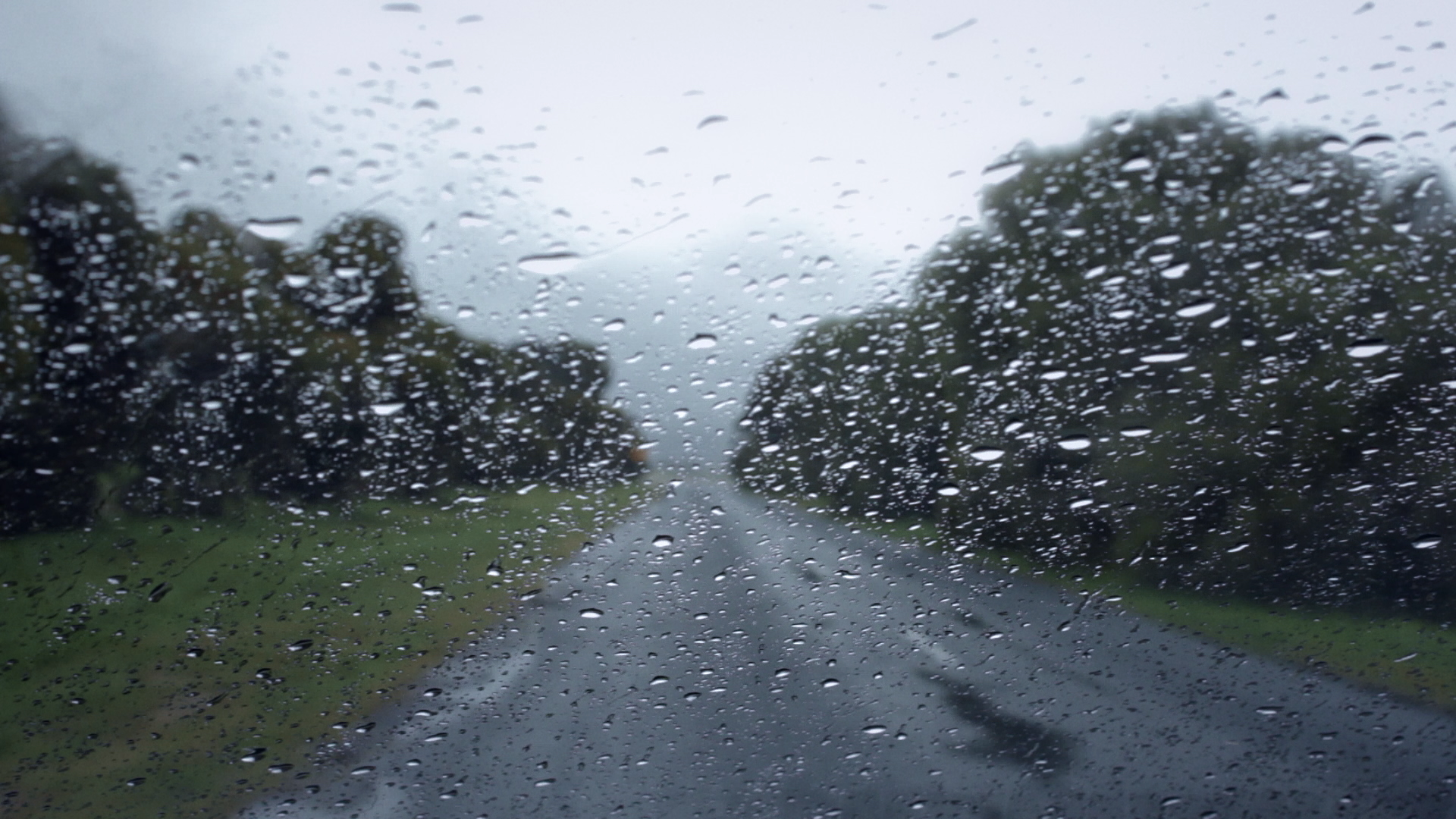
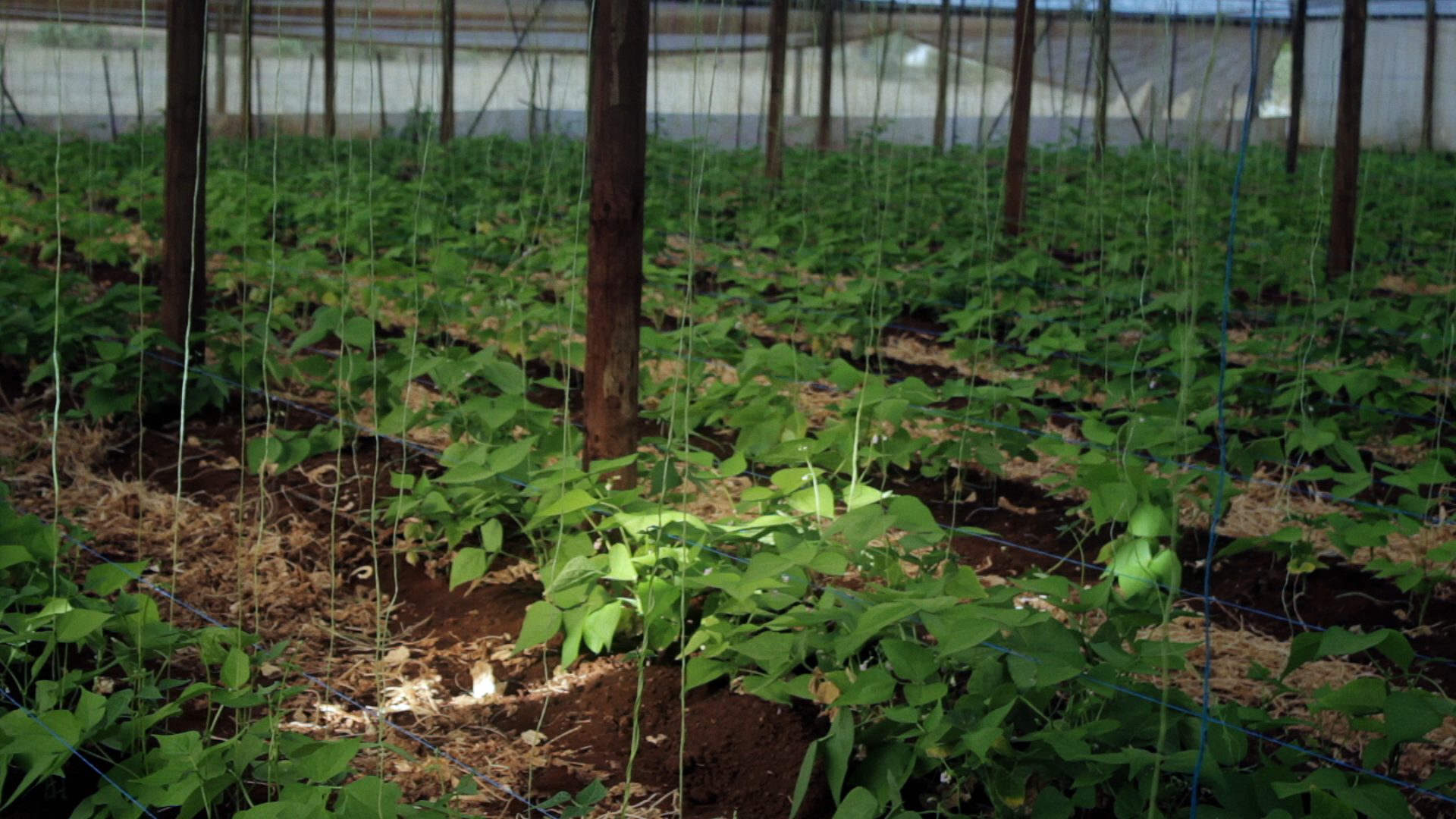


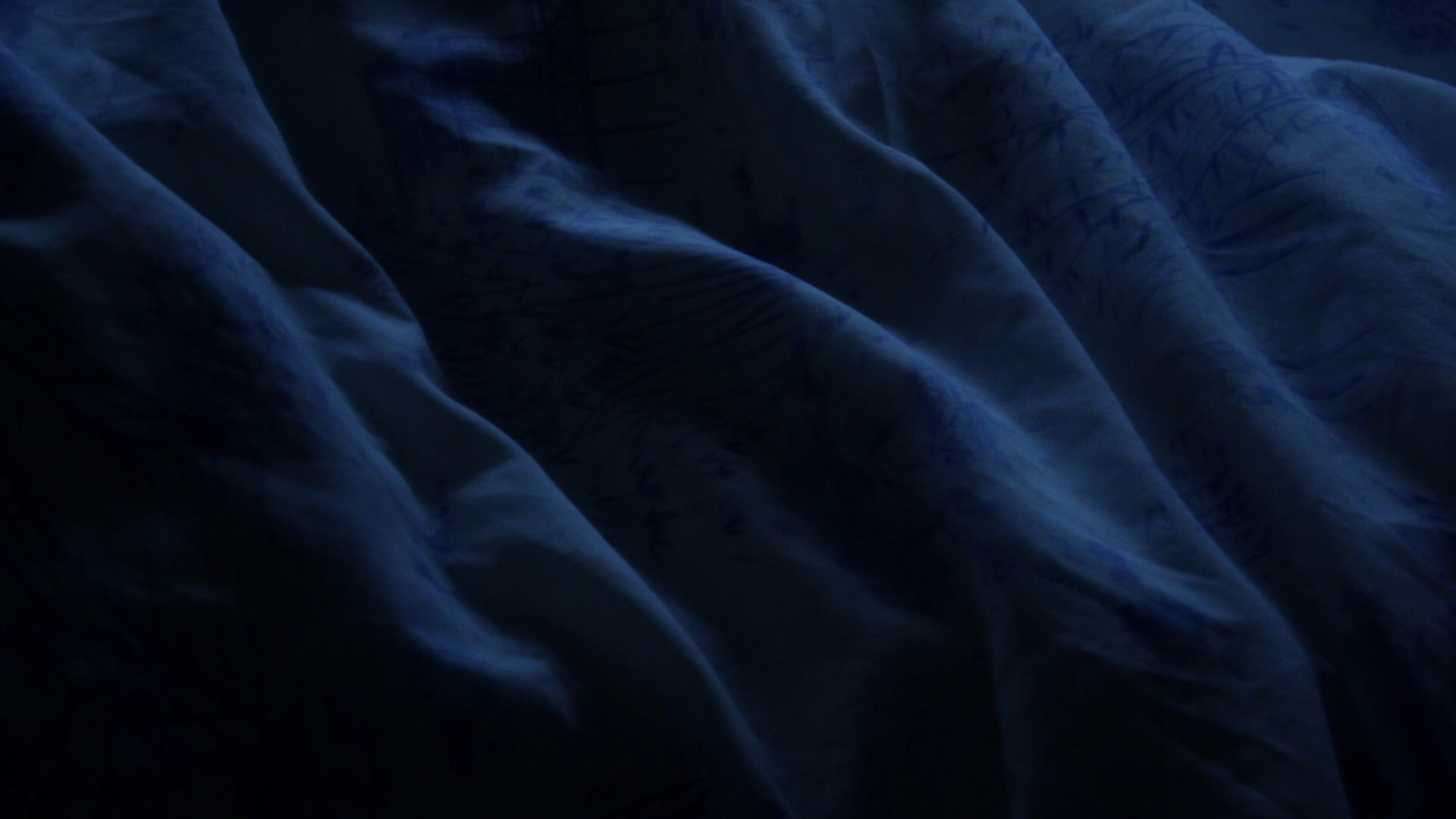

The Plastic House (2019)
Docu-fiction, Experimental, 46 mins
Language: Khmer & English
SYNOPSIS
A young woman constructs a solitary reality by imagining what life would be like after the passing of her parents. Absorbed in the slow process of working alone in the family’s green house, she relives shadow memories of her Cambodian mother and father. The healing ritual of physical labour gradually reveals itself over time. As the plastic roof bears the weight of natural elements, the increasingly precarious weather threatens this new life alone.
Press Kit - PDF download
FESTIVALS
Oct 2019 - OzAsia Festival - World Premiere, curated by Nicholas Godfrey
April 2020 - Visions du Réel - International Premiere, Switzerland
Burning Lights Competition
June 2020 - Sydney Film Festival - Documentary Australia Foundation
Aug 2020 - MIFF 68½ - Melbourne International Film Festival
Aug 2020 - Festival ECRÃ - Brazil Online
Sept 2020 - FIDBA - Argentina Online
Sept 2020 - New York Film Festival, Currents Section, US online
Sept 2020 - Lima Alterna Film Festival, Peru online
(Winner of the International Competition)
Oct 2020 - Black Canvas Film Festival, Mexico online
Oct 2020 - FICValdivia, Chile online
Oct 2020 - Linea d'Ombra Festival, Italy online
Nov 2020 - RIDM, Montreal International Documentary Festival
Québec online
Nov 2020 - Pravo Ljudski Film Festival, Sarajevo online
Dec 2020 - Beijing International Short Film Festival
Sept 2021 - EXiS Experimental Film and Video Festival, South Korea
Jan 2022 - Asia Pacific Triennial of Contemporary Art, QAGOMA, Australia
Select REVIEWS / ARTICLES
By Adrian Martin:
"Like in Chantal Akerman’s classic Jeanne Dielman … (1975), the absorption in everyday duties and gestures of work creates its own, unusual kind of tension – as well as its own unfolding drama."
CityMag article - Family, Identity & the Asian-Australian experience in ‘The Plastic House’
By Laura Davis at Film Explorer:
“The Plastic House is a poignant and oblique poem. Its silences stir and images tear.”
By Mónica Delgado at Desistfilm:
“In times of isolation, Chhorn’s film appears as a déjà vu , not only because it explores a type of solitude that fits well with the climate of social distancing, but because from its mode of production (to the extent that the filmmaker did, in all sense, the film), allows the hope of the continuity of the cinema, from the “do it yourself”, and the investigation of the language of the cinema from minimal resources, but with absolute inventiveness.”
By Francisco Álvarez at Cámara Lúcida:
“The real world and the dream world become indiscernible.”
By Joshua Brunsting at CriterionCast:
"Almost the definition of a tone poem, Chhorn’s film is an unforgettable experiment in narrative, looking at one woman’s attempt to combat her grief by tending to her family greenhouse."
By Kyle Faulkner on Letterboxd:
“Slow, ethereal, melancholic and pensive.”
By Dannzel Escobar on FilmStreet:
“Her films evoke something highly textured and viscerally felt...”
Interview at Film in Revolt with Isabelle
By Addy Fong at Something You Said:
“Chhorn’s parents in the The Plastic House show a keen interest in gardening, which seems to parallel the experience of many migrant families including mine who often struggle trying to settle into a new country whose customs feel foreign to them.”
By Louise Sheedy at Senses of Cinema:
"The film feels both universal and highly specific: a gift to those that have lost and a peek into an incredibly private, lonely experience."
By Claire Cao at Roughcut:
“For her, the possibility of loss not only comes with grief, but also the weight of hereditary responsibility.”
By Julia Flaster at Senses of Cinema:
“[T]he past is a fleeting memory that cannot withstand external forces“
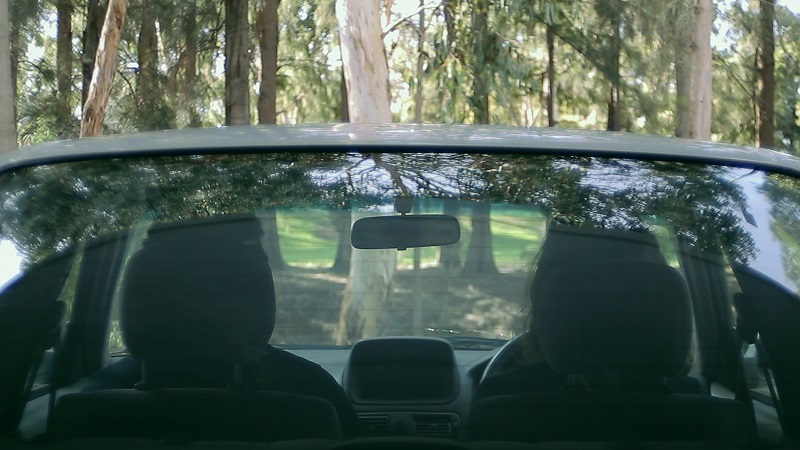
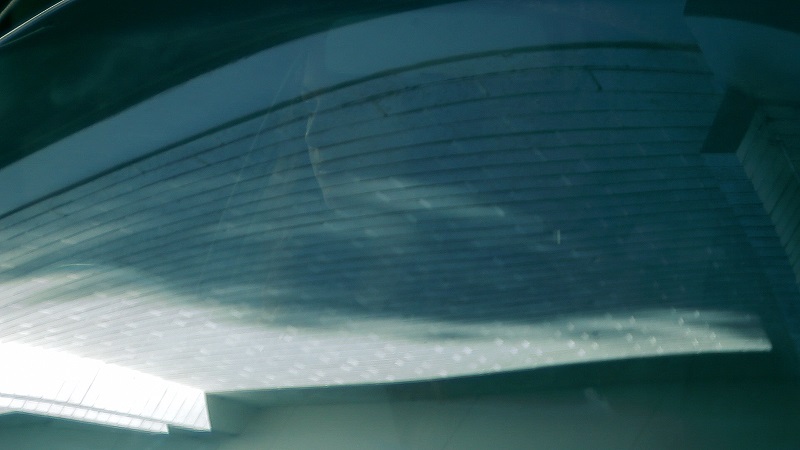
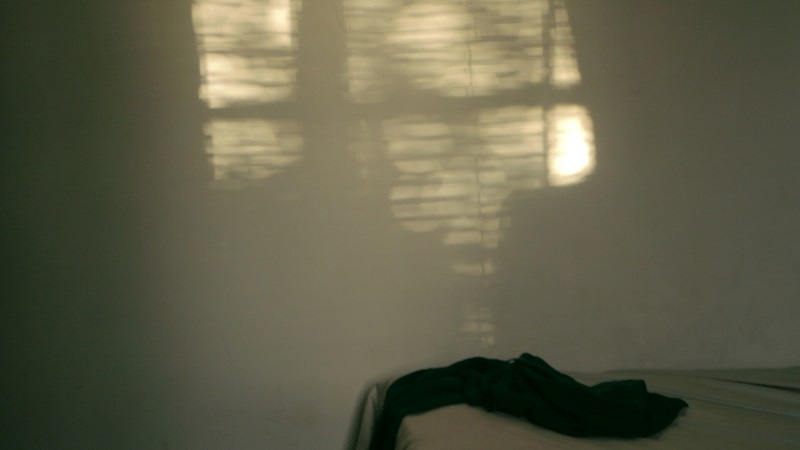
Last Time (2018)
Narrative short, 4:33 minA dress. A couple. He holds on to the past but does she see a future? Or will this be the last time?
Watch here.
"The flow of images across different moods, temporalities and intersubjective sensations suggests an immersion in the cinema of Alain Resnais and Claire Denis... crystalline, poised, wordless, highly condensed to the point of elliptical but suggestive mystery."
- Adrian Martin
Full review here.
Official selection for the Adelaide Film Festival, 2018.